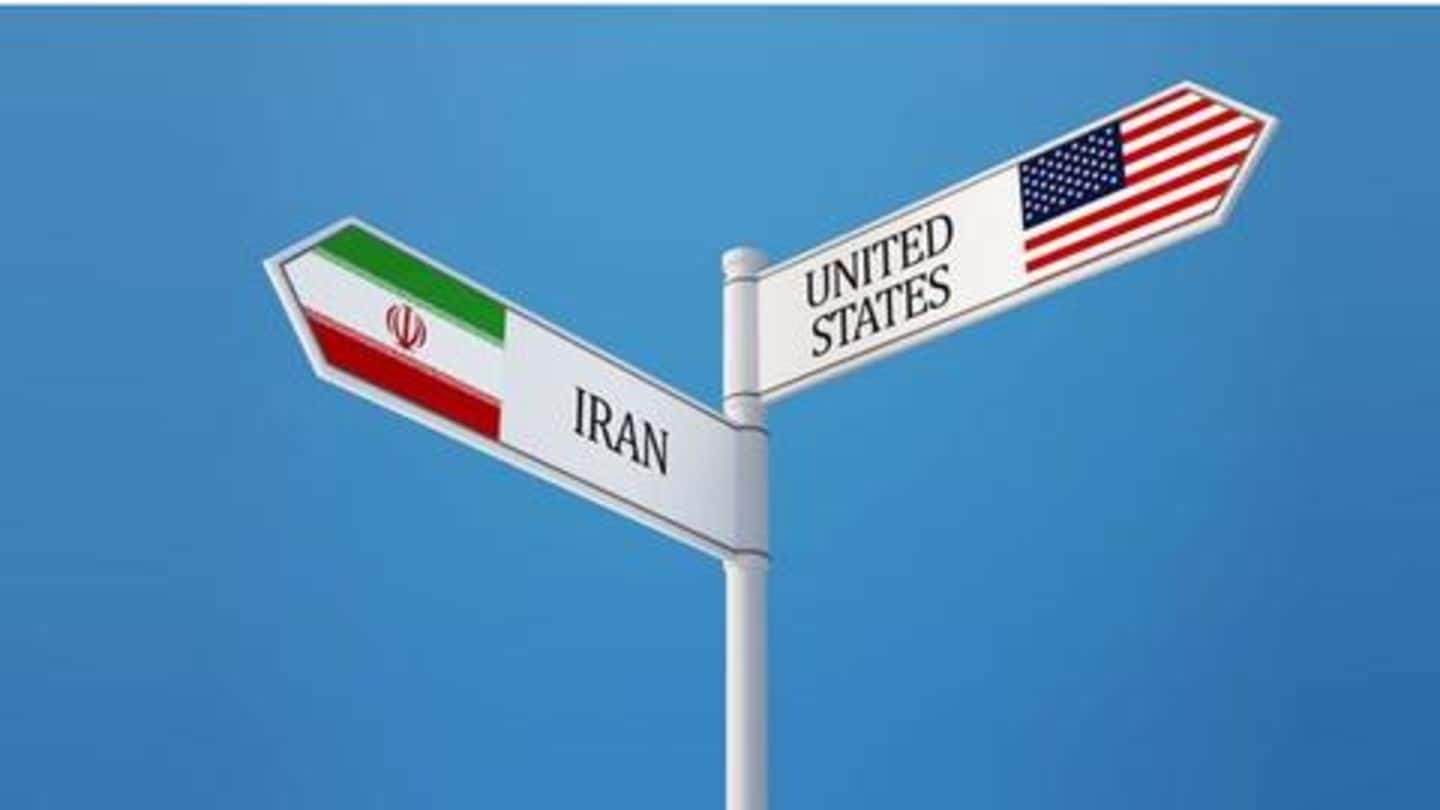
Soleimani killing: How poor Iran-US ties could affect India
What's the story
India is caught in a crossfire after the United States killed one of Iran's topmost commanders, Qasem Soleimani yesterday. Soleimani, whom the US blamed for the death of hundreds of Americans, was eliminated at Baghdad Airport. Subsequently, Iran vowed revenge. But for New Delhi, siding with any of the countries might prove costly, which explains why it wants both to "exercise restraint".
Background
Who was Soleimani, whose death sparked new concerns?
Soleimani headed the Revolutionary Guard Corps Quds Force, led covert operations abroad, and also supported Iraqi Shi'ite groups in their war against the Islamic State. Iran's hero, West saw Soleimani as a villain for orchestrating attacks, exporting the Islamic revolution, and having links with terror groups like Palestinian Hamas. Most recently, he was blamed for New Year's Eve attack on US Embassy in Baghdad.
Tensions
Both US and Iran are important for India
By killing Soleimani, the US has virtually closed all diplomatic doors, and Iran's response shows it won't let the matter go easily. Evidently, the tensions between the powerful nations have given a headache to India. The US remains India's most crucial strategic partner, but New Delhi can not risk miffing Tehran either. To note, Iran houses nearly 8 million Indians.
Do you know?
Then, there is also the concern about Chabahar port
Also, there is a palpable concern that the strike will slow down the construction of Chabahar port. India plans to use this route to access landlocked Central Asia and Afghanistan, without going through Pakistan. The idea was first floated in 2003.
Statement
India wants peace: MEA in first reaction to Soleimani's death
Hours after Soleimani's death, the Ministry of External Affairs issued a calculated statement. Noting that a top Iranian leader has been killed by the US, MEA said, "It is vital that the situation does not escalate further. India has consistently advocated restraint and continues to do so." "Peace, stability, and security in this region are of utmost importance to India," added MEA.
Advisory
Separately, Indian airlines were asked to exercise caution too
Unwilling to take any risks, India has also asked all airlines to be cautious while hovering over Iranian airspace, and avoid it as much as possible. Notably, almost all flights to the West, use Iranian airspace. An official of Air India, which has the maximum number of flights, said they noted the advisory. But no change of route has been planned currently, he added.
Oil prices
India is worried about oil prices and trade
Meanwhile, India's immediate concern was that oil prices could shoot through the roof. Though New Delhi doesn't import oil from Iran, unrest would affect imports from Saudi Arabia. Another worry is that tensions in the volatile region could affect trade. India's trade with the Middle East (including Saudi Arabia, Kuwait, the UAE, Qatar, Bahrain, and Oman) stands at $78 billion according to April-November data.
Diplomacy
An Iran-US fight isn't good for India's diplomacy either
As per Michael Kugelman, deputy director of the South Asia Program at the Wilson Center, India's biggest diplomatic challenge is how it positions itself in the US-Iran fight. "India will now be under increasing pressure to focus more on foreign affairs at a moment when its government has been intensifying the pursuit of its social agenda," Kugelman told Indian Express.
Information
Meanwhile, ex-diplomat said time for sitting on fence is over
Commenting on the raging issue, former diplomat Talmeez Ahmed opined that India should exploit its clout for promoting peace and stability in the region. "What's the use of pursuing the old approach if the situation continues to deteriorate," he asked.